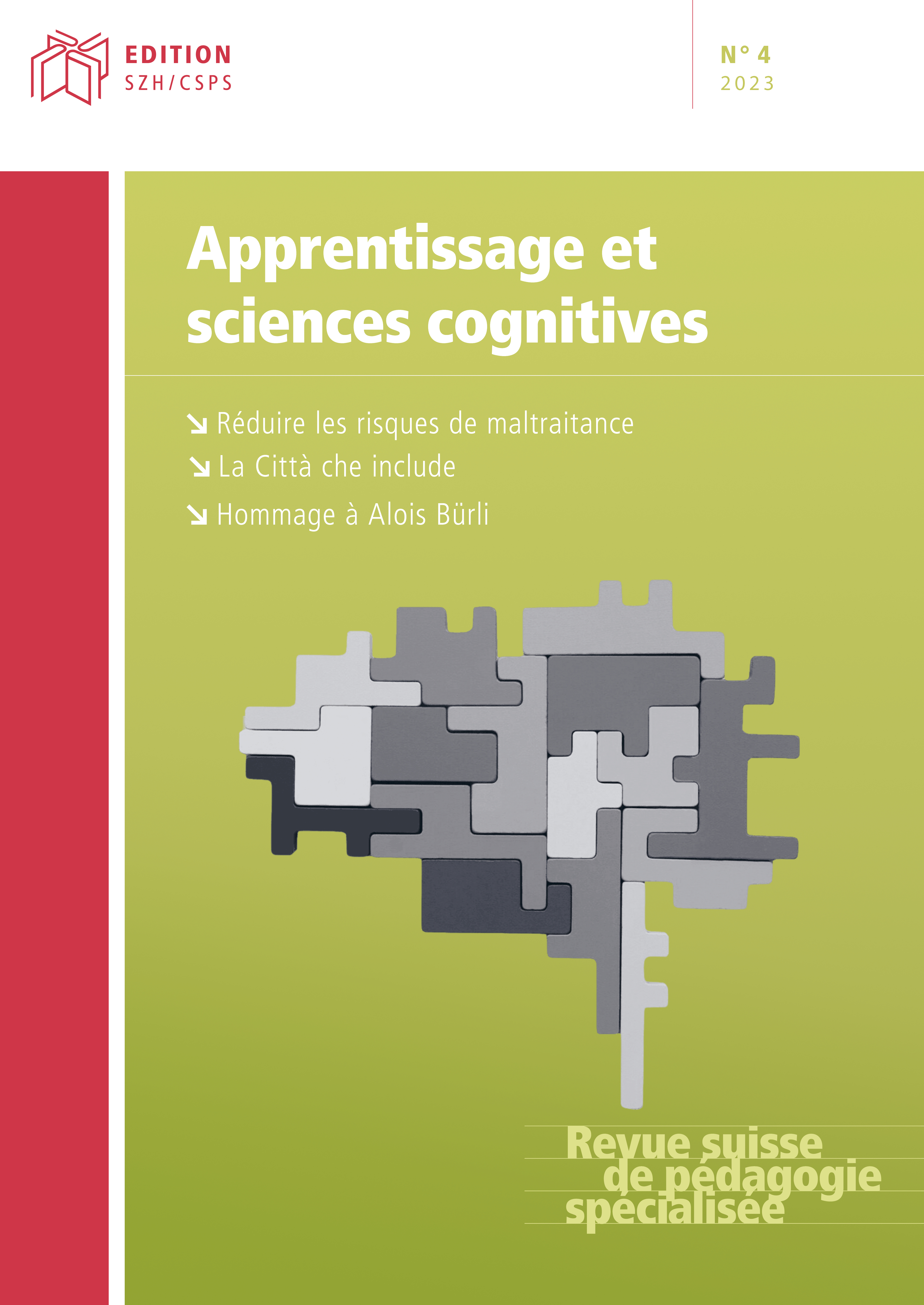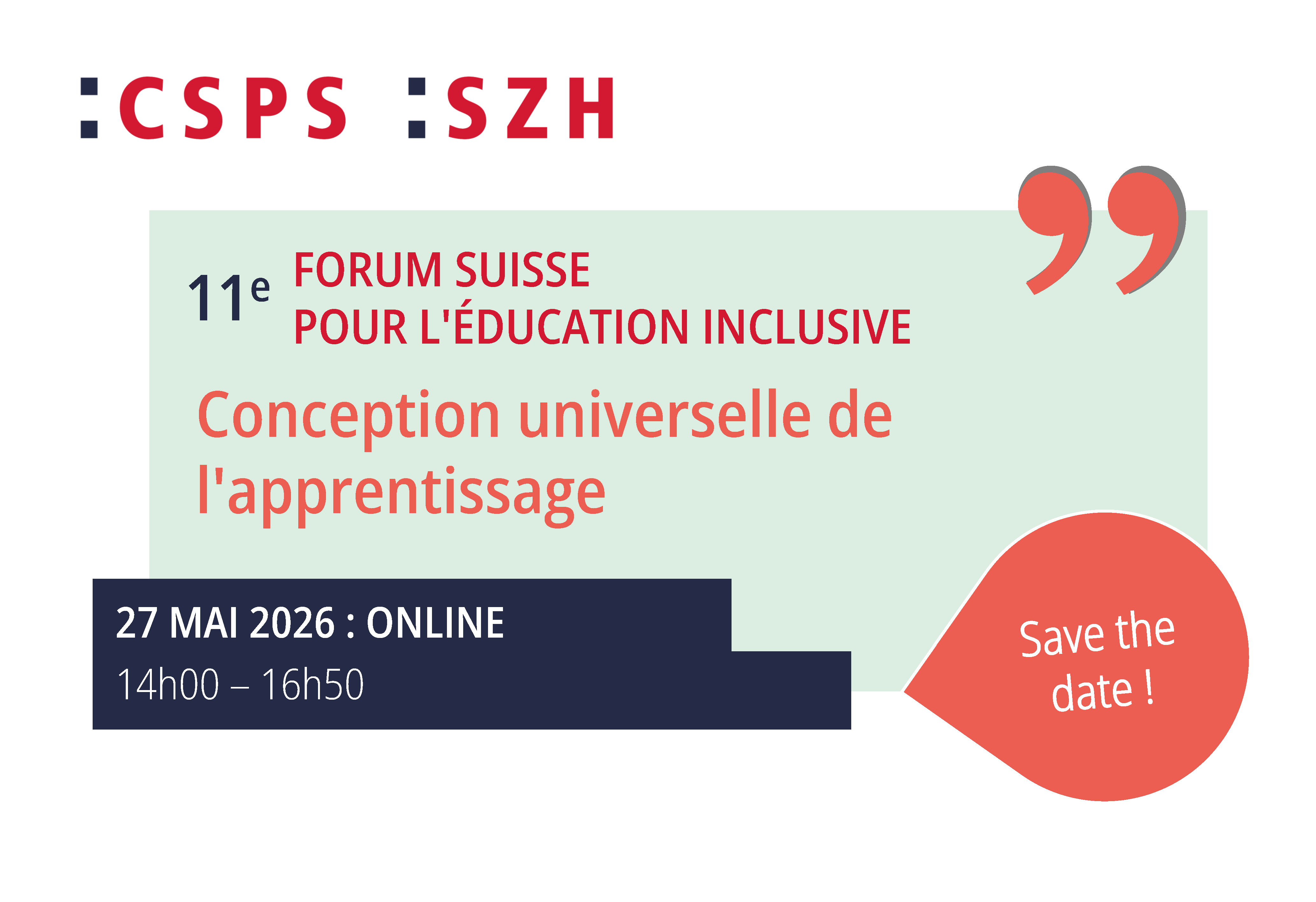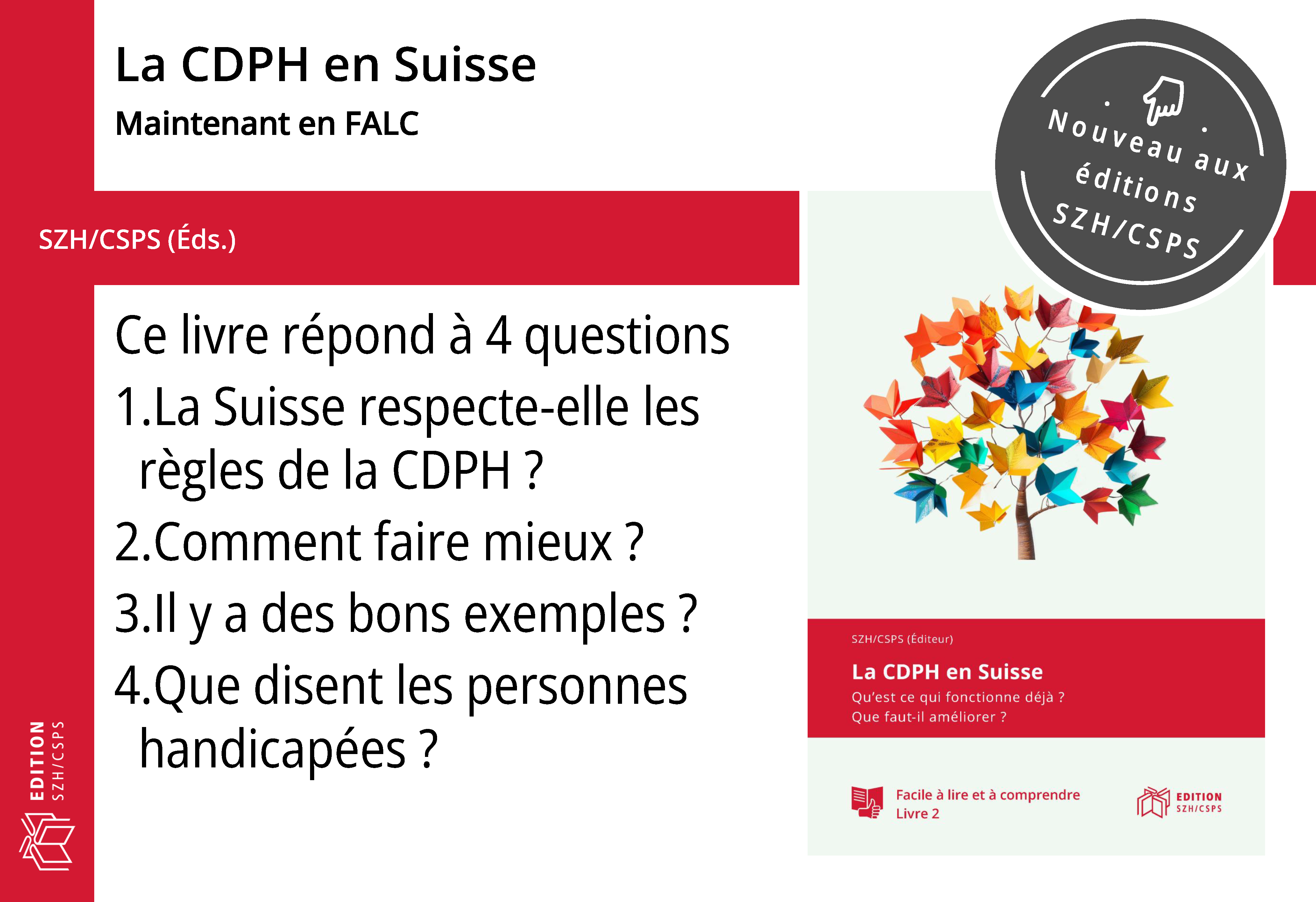Comment les émotions soutiennent-elles les apprentissages scolaires ?
DOI :
https://doi.org/10.57161/r2023-04-01Mots-clés :
émotions, sciences affectives, processus d’apprentissageRésumé
Cet article se focalise sur des pistes de réflexion concernant la manière dont les émotions peuvent soutenir les apprentissages scolaires. Pour ce faire, après avoir brièvement présenté l’approche componentielle des émotions, nous explorons quatre pistes sous-tendant ces effets facilitateurs : 1) l’orientation attentionnelle par les stimulus émotionnels, 2) la facilitation mnésique par les stimulus émotionnels, 3) les émotions d’accomplissement, et finalement 4) les émotions épistémiques. Ces résultats indiquent que les enseignants gagneraient à intégrer, dans leurs réflexions et dans leurs pratiques, les émotions et les compétences émotionnelles de leurs élèves.
Références
Audrin, C. (2020). Les émotions dans la formation enseignante : une perspective historique. Recherches en éducation, 41, 5-19. https://doi.org/10.4000/ree.541
Chevrier, M., Muis, K. R., Trevors, G. J., Pekrun, R., & Sinatra, G. M. (2019). Exploring the antecedents and consequences of epistemic emotions. Learning and Instruction, 63, Article 101209. https://doi.org/10.1016/j.learninstruc.2019.05.006
Denervaud, S., Franchini, M., Gentaz, E., & Sander, D. (2017). Les émotions au cœur des processus d’apprentissage. Revue suisse de pédagogie spécialisée, 4, 20-25. https://csps.ch/bausteine.net/f/51752/Denervaud_Franchini_Gentaz_Sander_170420.pdf
Dewey, J. (1913). Interest and effort in education. Houghton, Mifflin and Company.
Dukes, D. & Clément, F. (Eds.). (2019). Foundations of Affective Social Learning: conceptualizing the social transmission of value. Cambridge University Press.
Frenzel, A. C., Daniels, L., & Burić, I. (2021). Teacher emotions in the classroom and their implications for students. Educational Psychologist, 56(4), 250–264. https://doi.org/10.1080/00461520.2021.1985501
Gentaz E. (2023). Comment les émotions viennent aux enfants. Nathan.
Hidi, S., & Renninger, K. A. (2006). The four-phase model of interest development. Educational Psychologist, 41, 111–127. https://doi.org/10.1207/s15326985ep4102_4
Hulleman, C. S., & Harackiewicz, J. M. (2009). Promoting interest and performance in high school science classes. Science, 326(5958), 1410-1412. https://doi.org/10.1126/science.1177067
Lazarus, R. S. (1991). Emotion and adaptation. New York: Oxford University Press.
Levine, L. J., & Pizarro, D. A. (2004). Emotion and memory research: A grumpy overview. Social Cognition, 22(5), 530–554. https://psycnet.apa.org/doi/10.1521/soco.22.5.530.50767
Li, X., Han, M., Cohen, G. L., & Markus, H. R. (2021). Passion matters but not equally everywhere: Predicting achievement from interest, enjoyment, and efficacy in 59 societies. Proceedings of the National Academy of Sciences , 118(11), Article e2016964118. https://doi.org/10.1073/pnas.2016964118
MacCann, C., Jiang, Y., Brown, L. E. R., Double, K. S., Bucich, M., & Minbashian, A. (2020). Emotional intelligence predicts academic performance: A meta-analysis. Psychological Bulletin, 146(2), 150–186. https://doi.org/10.1037/bul0000219
Marvin, C. B., & Shohamy, D. (2016). Curiosity and reward: Valence predicts choice and information prediction errors enhance learning. Journal of Experimental Psychology: General, 145(3), 266–272. https://doi.org/10.1037/xge0000140
Muis, R. R., Chevrier, M., and Singh, C. (2018). The role of epistemic emotions in personal epistemology and self-regulated learning. Educational Psychologist, 53, 165–184. https://doi.org/10.1080/00461520.2017.1421465
Mumenthaler, C., & Sander, D. (2015). Automatic integration of social information in emotion recognition. Journal of Experimental Psychology: General, 144(2), 392–399. https://doi.org/10.1037/xge0000059
Nathanson, L., Rivers, S. E., Flynn, L. M., & Brackett, M. A. (2016). Creating emotionally intelligent schools with RULER. Emotion Review, 8(4), 305–310. https://doi.org/10.1177/1754073916650495
Paul, K., Pourtois, G., van Steenbergen, H., Gable, P., & Dreisbach, G. (2021). Finding a balance: Modulatory effects of positive affect on attentional and cognitive control. Current Opinion in Behavioral Sciences, 39, 136–141. https://doi.org/10.1016/j.cobeha.2021.03.002
Pekrun, R. (2006). The control-value theory of achievement emotions: Assumptions, corollaries, and implications for educational research and practice. Educational psychology review, 18, 315-341. https://doi.org/10.1007/s10648-006-9029-9
Pekrun, R., Goetz, T., Frenzel, A. C., Barchfeld, P., & Perry, R. P. (2011). Measuring emotions in students’ learning and performance: The Achievement Emotions Questionnaire (AEQ). Contemporary Educational Psychology, 36(1), 36–48. https://doi.org/10.1016/j.cedpsych.2010.10.002
Pekrun, R. & Linnenbrink-Garcia, L. (Eds.) (2014). International Handbook of Emotions in Education. Routledge.
Pekrun, R., Marsh, H.W., Suessenbach, F., Frenzel, A.C., & Goetz, T. (2023). School grades and students’ emotions: Longitudinal models of within-person reciprocal effects. Learning and Instruction, 83, Article 101626. https://doi.org/10.1016/j.learninstruc.2022.101626
Pool, E. R., Brosch, T., Delplanque, S., & Sander, D. (2016). Attentional bias for positive emotional stimuli: A meta-analytic investigation. Psychological Bulletin, 142(1), 79-106. https://doi.org/10.1037/bul0000026
Pool, E. R., & Sander, D. (2021). Emotional learning: Measuring how affective values are acquired and updated. In H. L. Meiselman (Ed.), Emotion measurement (2nd ed., pp. 133-165). Woodhead Publishing.
Reber, R., Canning, E. A., & Harackiewicz, J. M. (2018). Personalized education to increase interest. Current Directions in Psychological Science, 27(6), 449–454. https://doi.org/10.1177/0963721418793140
Sander, D. (2016). Psychologie des émotions. Encyclopædia Universalis.
Sander, D. (2022). Les rôles facilitateurs des émotions dans les apprentissages scolaires. Scuola ticinese, 344, 11-18. https://www4.ti.ch/fileadmin/DECS/DS/Rivista_scuola_ticinese/ST_n.344/ST_344_Sander_David_roles_facilitateurs.pdf
Sander, D., & Gentaz, E. (2022). Le développement des émotions. In P. Fourneret & E. Gentaz (Eds), Le Développement Neurocognitif de la Naissance à L’adolescence (pp. 157-168). Masson.
Sander, D., & Scherer, K. R. (Eds.) (2009/2014). Oxford Companion to emotion and the affective sciences. New York and Oxford : Oxford University Press.
Silvia, P. J. (2006). Exploring the psychology of interest. New York, NY : Oxford University Press.
Silvia, P. J. (2017). Curiosity. In: P. O’Keefe & J. Harackiewicz, (Eds), The Science of Interest (pp. 97-107). Springer.
Tambini, A., Rimmele, U., Phelps, E. A., & Davachi, L. (2017). Emotional brain states carry over and enhance future memory formation. Nature Neuroscience, 20, 271-278. https://doi.org/10.1038/nn.4468
Vogel, S., & Schwabe, L. (2016). Learning and Memory under Stress: Implications for the Classroom. NPJ Science of Learning, 1, Article 16011. https://doi.org/10.1038/npjscilearn.2016.11
Vogl, E., Pekrun, R., Murayama, K., & Loderer, K. (2020). Surprised–curious–confused: Epistemic emotions and knowledge exploration. Emotion, 20(4), 625– 641. https://doi.org/10.1037/emo0000578
Publiée
Comment citer
Numéro
Rubrique
Licence
© David Sander 2023

Ce travail est disponible sous la licence Creative Commons Attribution 4.0 International .




